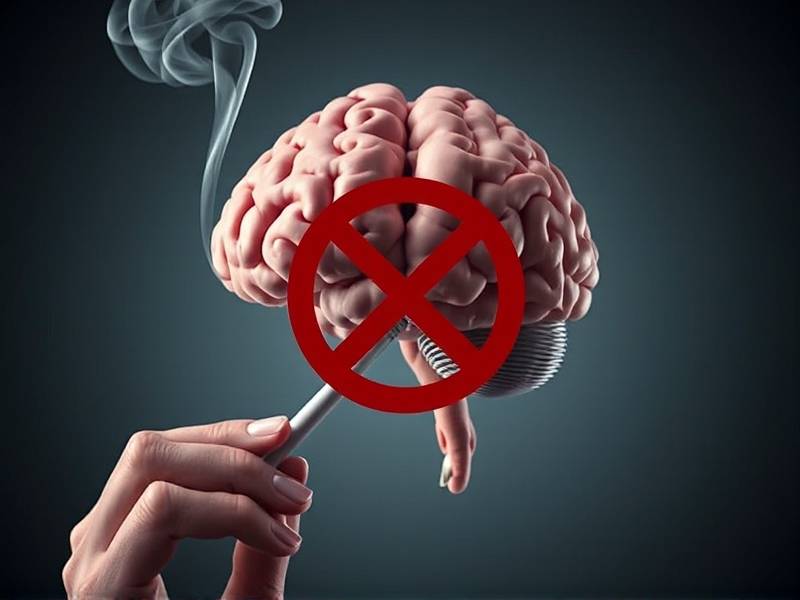What Happens to Your Brain After You Quit Smoking Weed?
Introduction
The journey to quitting smoking weed can be challenging, but it's a decision that can significantly improve your health and well-being. Understanding the changes that occur in your brain after you quit can provide motivation and insight into the process. This article delves into the transformative effects of quitting smoking weed on the human brain.
The Immediate Impact
1. Reduction in Withdrawal Symptoms
When you stop smoking weed, you may initially experience withdrawal symptoms such as irritability, insomnia, and anxiety. These symptoms are a sign that your brain is readjusting to functioning without the substance. While these symptoms can be uncomfortable, they are temporary and diminish over time.
2. Improved Cognitive Function
As your brain adjusts to life without weed, you may notice improvements in cognitive function. This includes better focus, memory retention, and problem-solving skills. The initial withdrawal period is when these changes become most apparent.

Long-Term Effects
1. Enhanced Brain Health
Long-term effects of quitting smoking weed include improved brain health. Studies have shown that regular cannabis use can lead to cognitive impairments over time. By quitting, you give your brain the opportunity to repair itself and return to optimal functioning.
2. Improved Emotional Well-being
Quitting smoking weed can also have a positive impact on your emotional well-being. Many users report experiencing mood swings and anxiety while using cannabis regularly. As your brain adjusts to life without the substance, these emotional fluctuations typically diminish.

How Quitting Weed Helps Your Brain
1. Rebalancing Neurotransmitters
Cannabis affects neurotransmitters in the brain, including dopamine and serotonin. Quitting smoking weed allows these neurotransmitters to return to their natural balance, leading to improved mood and cognitive function.
2. Reducing Inflammation
Regular cannabis use has been linked to increased inflammation in the brain. Quitting smoking weed helps reduce this inflammation, promoting overall brain health.
Conclusion
Quitting smoking weed can have significant benefits for your brain's health and well-being. While it may be challenging at first, understanding the positive changes that occur in your brain as you adjust to life without cannabis can provide motivation for long-term success.
By focusing on these improvements, you'll be taking an essential step towards a healthier lifestyle—and a healthier mind.
